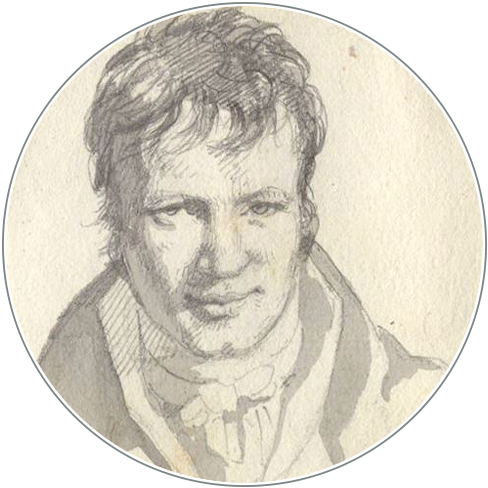Ambiguity as Principle
Alexander von Humboldt in the Revolution of 1848
DOI :
https://doi.org/10.18443/378Mots-clés :
Revolution 1848; Political Convictions; Liberalism; Constitutional MonarchyRésumé
This article investigates Alexander von Humboldt’s position vis-à-vis the German revolution of 1848 and illuminates the different roles that scientists played in the public arena. Humboldt never committed himself to any political ideology or national movement. Instead, he maintained ambiguity as a social strategy and guiding principle to navigate through the revolutionary turmoil, interact with people of different political opinions, and stay true to his scholarly priorities. With great caution, Humboldt signaled his support for a constitutional monarchy and civil rights while remaining fearful of radical regime changes and violence. Retrospective attributes such as ‘democratic’ and ‘republican’ miss the ambiguity in his political stance and his loyalty to the Prussian king. Humboldt’s understanding of politics remained personalized and reserved; it was situational and bound to conversational settings.

Téléchargements
Publiée
Comment citer
Numéro
Rubrique
Licence
(c) Tous droits réservés Andreas W. Daum 2025

Ce travail est disponible sous licence Creative Commons Attribution - Pas d’Utilisation Commerciale 4.0 International.
Les droits des articles envoyés restent la propriété de leurs auteurs et sont publiées sous la licence Creative Commons-Lizenz (CC BY-NC 4.0). Tous les auteurs publiant dans le HiN doivent accepter ce modèle de licence.
Les auteurs doivent eux-mêmes s’occuper de l’obtention des droits d’auteur pour les images utilisées.
Les divers éléments de la mise en page et du design de la revue sont protégés et ne peuvent être récupérés et réutilisés dans d’autres publications sans autorisation préalable de la part de HiN.









